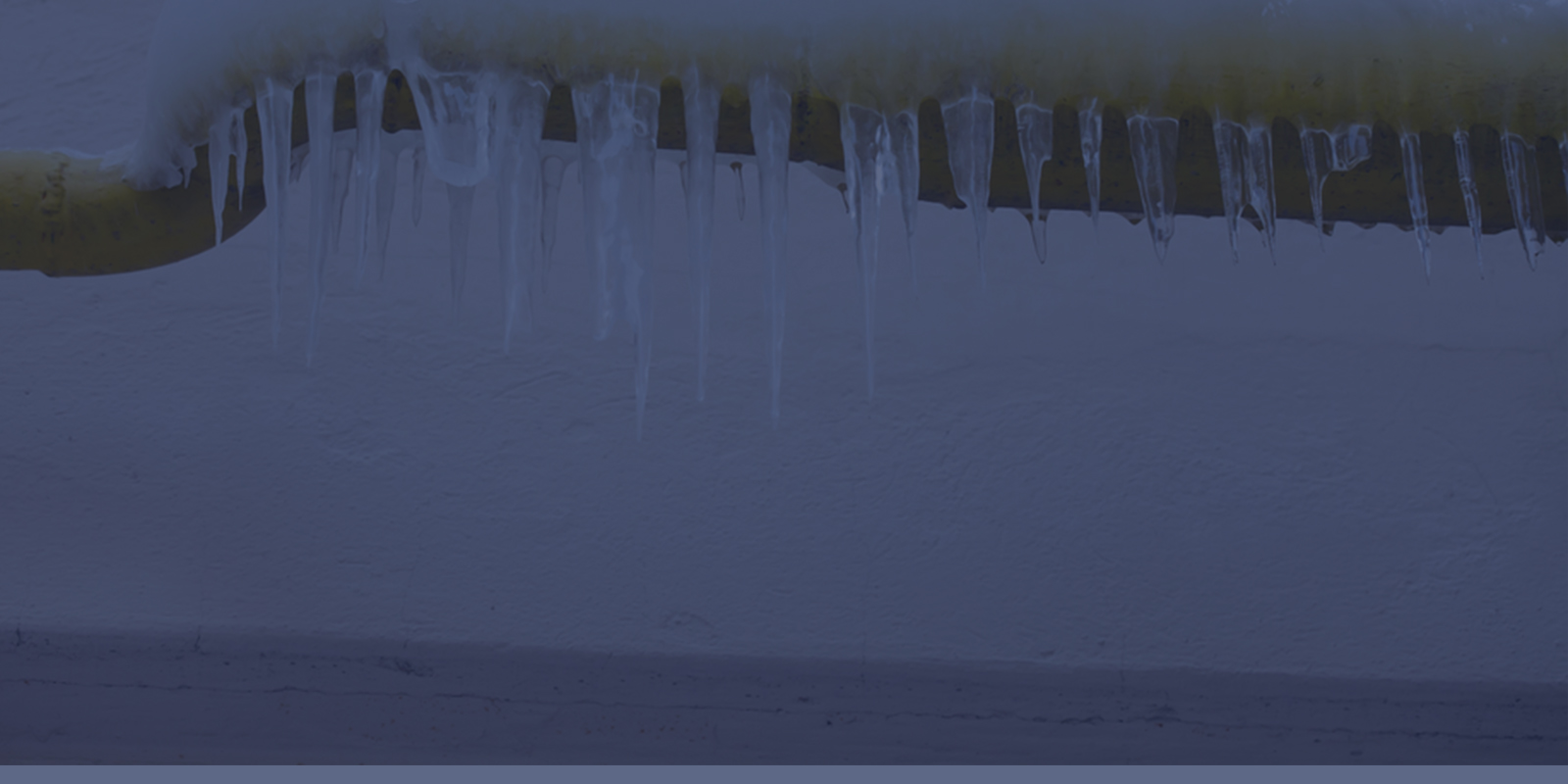The recent sub-freezing temperatures in Texas and other southern states have provided a harsh reminder of the damage to buildings, equipment, and other property that can result from extreme cold. Damage from winter weather manifests in several ways, including failures of building components related to the buildup of snow and ice, and failures of mechanical and electrical equipment and infrastructure. However, plumbing leaks due to ice formation in pipes, and the subsequent water damage to building components after the pipes thaw, are among the more common and damaging effects of severe winter weather.
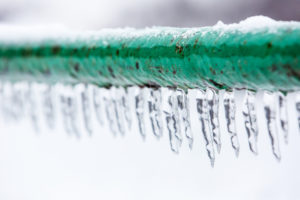
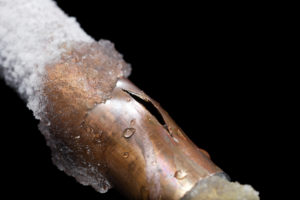
Most pipe breaks resulting from freezing temperatures occur within the domestic water supply piping and fire sprinkler system piping. These plumbing lines that contain water during service are typically protected from freezing temperatures by insulation and heat from the building which they service. The time required to freeze standing water in a pipe or other plumbing component is related to the ambient temperature, the size of the pipe or component, and the effectiveness of insulation, if any. When a pipe is exposed to freezing temperatures and freeze protection is missing or compromised, an ice “plug” can form within the pipe and result in increased internal hydraulic pressure in the pipe resulting from the volumetric expansion of the ice plug, and the inability of the unfrozen water to escape and relieve that pressure. Ultimately the stresses generated in pipes, fittings, and components by this increased pressure can result in rupture, often by fracture or joint failure. The water discharge from leaks resulting from these ruptures can cause significant damage to building materials, interior finishes, and contents.
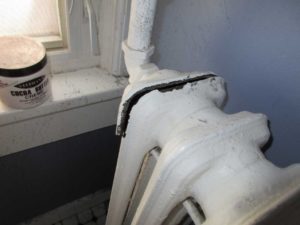
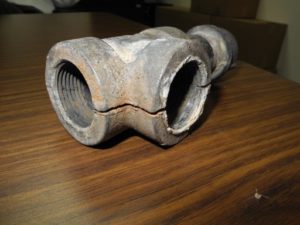
Damage to mechanical equipment, including hydronic system components and cooling towers, also occurs during extreme cold weather events. As an example, if a water-filled hydronic system remains below the freezing point of water for an extended period, and the water within the system is not flowing, the water inside the system will eventually freeze and expand, causing malfunction and perhaps rupture of components. Similarly, a cooling tower or air-cooled chiller with a closed-circuit water circulation system can freeze if the unit loses power and the water is not allowed to circulate.
Nelson Forensics’ engineers, architects, and building scientists are well versed in evaluating building components, equipment, and other property which has been subject to extreme cold weather. They are licensed in all 50 states and remain ready to respond to our clients’ needs nationwide. To request Nelson’s services, please call, e-mail expert@nelsonforensics.com, or submit an online request here https://www.nelsonforensics.com/request-forensic-services/.
